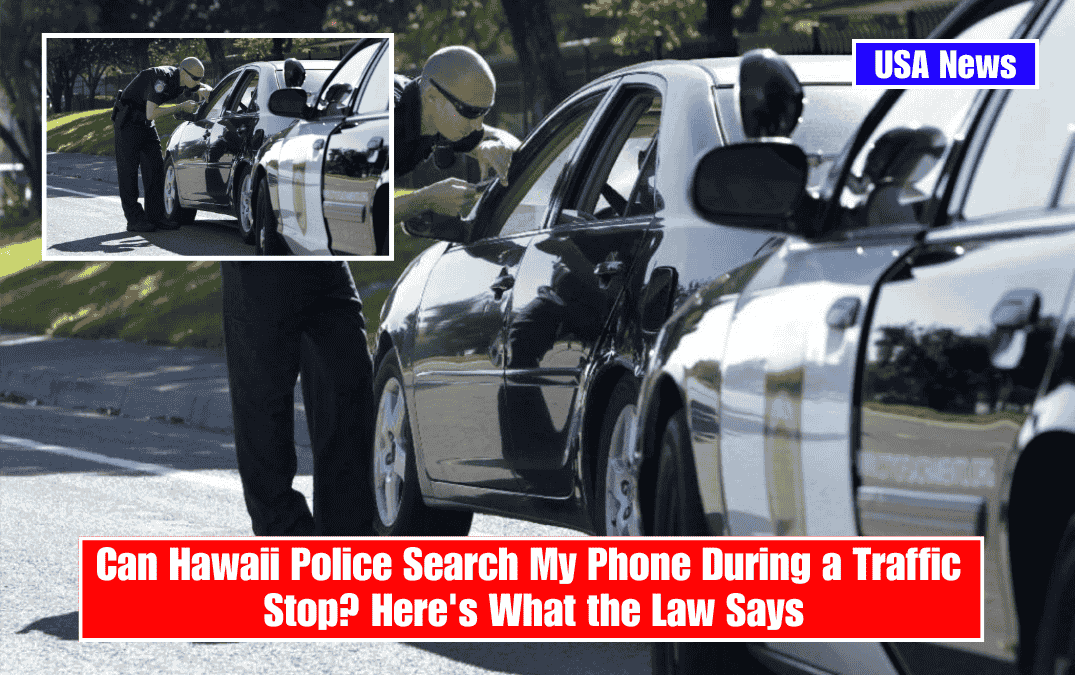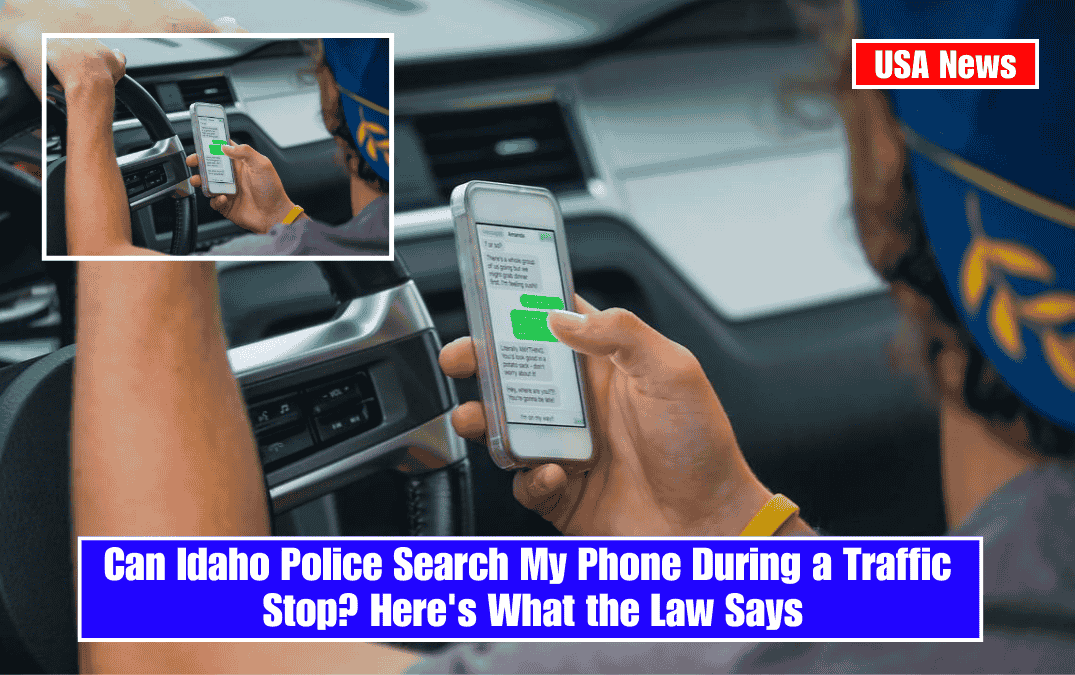When you’re pulled over for a traffic stop in Hawaii, you may wonder if the police have the right to search your cell phone. The answer is clear: Hawaii police generally cannot search your phone during a traffic stop without your consent or a valid search warrant. Here’s a detailed look at the law and your rights.
Constitutional Protections
Both the U.S. Constitution (Fourth Amendment) and the Hawaii State Constitution (Article I, Section 7) protect individuals from unreasonable searches and seizures. These protections extend to your digital devices, including smartphones, which the courts recognize as containing vast amounts of personal information.
Warrant Requirement for Phone Searches
Police must obtain a search warrant to access the contents of your phone. To get a warrant, officers must convince a judge there is probable cause to believe your phone contains evidence of a crime. The warrant must specify what data can be searched and where. Without a warrant, any evidence obtained from your phone is likely inadmissible in court.
Exceptions to the Warrant Requirement
There are a few narrow exceptions where police may search your phone without a warrant:
- Consent: If you voluntarily allow the police to search your phone, they do not need a warrant. Be aware that consent allows officers to access all data on your device, not just specific items.
- Exigent Circumstances: In rare cases, if police believe there is an immediate threat to public safety or risk of evidence being destroyed, they may conduct a warrantless search. However, these situations are strictly limited and must be justified in court.
What Happens If You Refuse?
You have the right to refuse a search of your phone. If you do not consent and there is no warrant or emergency, police cannot legally search your device. If they proceed anyway, your attorney can challenge the search in court and potentially have any evidence excluded from prosecution.
Traffic Stops and Your Phone
During a routine traffic stop in Hawaii, officers may ask for your license, registration, and proof of insurance, but they do not have the authority to search your phone without your permission or a warrant. Even if you are arrested during the stop, officers still need a warrant to access the digital contents of your phone, though they may physically secure the device to prevent tampering.
How Search Warrants Work in Hawaii
To obtain a search warrant in Hawaii, law enforcement must submit a sworn affidavit to a judge, detailing the specific reasons and evidence supporting their request. The warrant must clearly describe what is to be searched and what evidence is sought. Officers cannot use a warrant for one thing (like a car) to search unrelated property (like your phone) unless it’s specifically included in the warrant.
Key Takeaways
- Hawaii police need a warrant or your consent to search your phone during a traffic stop.
- You have the right to refuse a phone search unless presented with a valid warrant.
- Any evidence from an illegal search can be challenged and potentially suppressed in court.
- Exceptions to the warrant rule are very limited and must be justified by police.
Unless you give permission or police have a valid warrant (or in rare emergencies), Hawaii law protects your phone from search during a traffic stop. Knowing your rights helps you safeguard your privacy and ensures law enforcement follows proper legal procedures.
SOURCES:-
[1] https://www.honolulupd.org/policy/policy-warrantless-searches-and-seizures/
[2] https://www.eauclairecriminaldefense.com/can-the-police-search-my-phone-without-a-warrant
[3] https://www.honolulupd.org/policy/policy-traffic-stops/
[4] https://www.harrisonlawcenter.com/blog/2022/07/what-does-a-search-warrant-allow-police-to-search-for/
[5] https://jdlaw.law/blog/can-the-police-search-my-cell-phone-after-a-traf/










